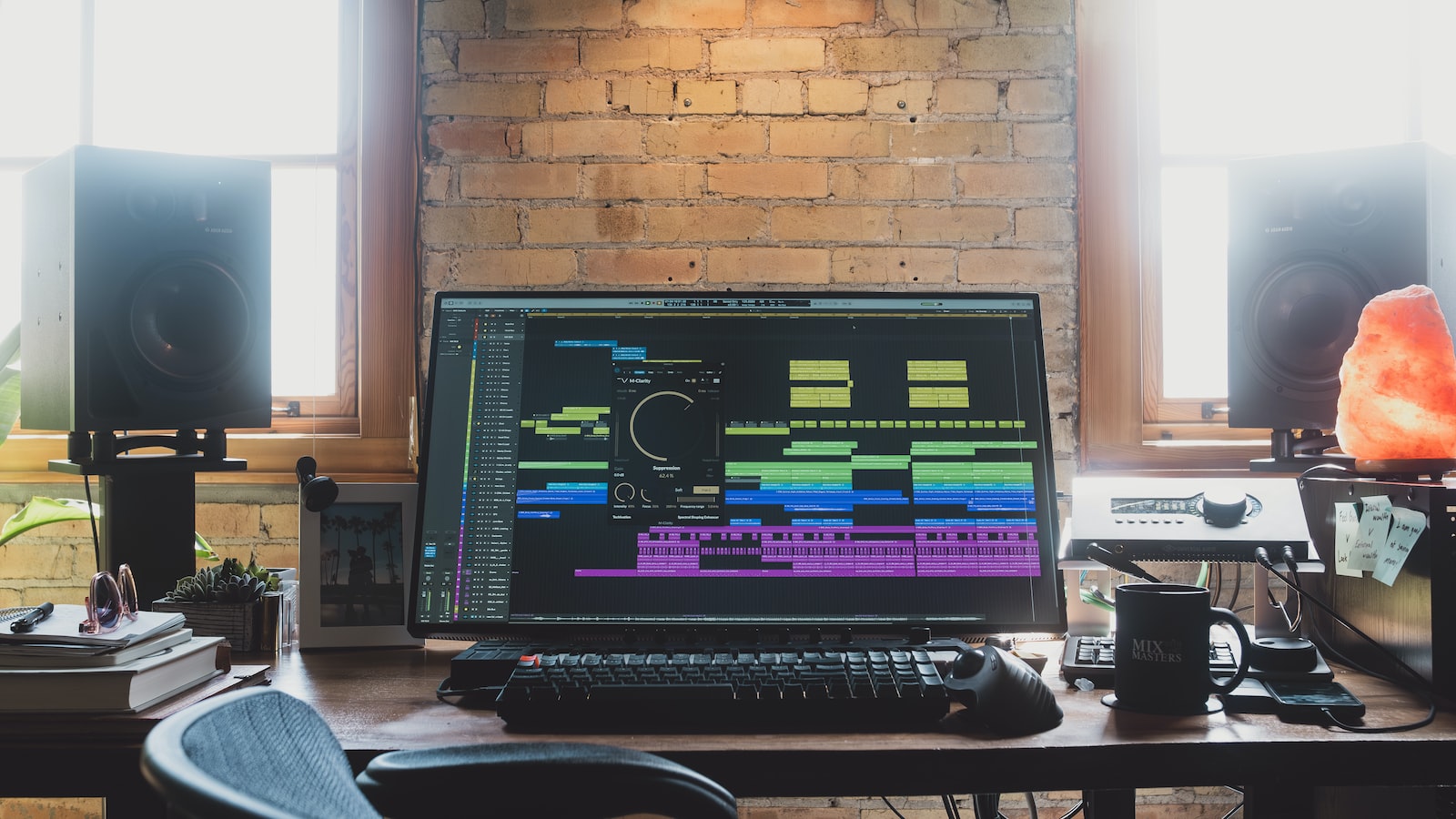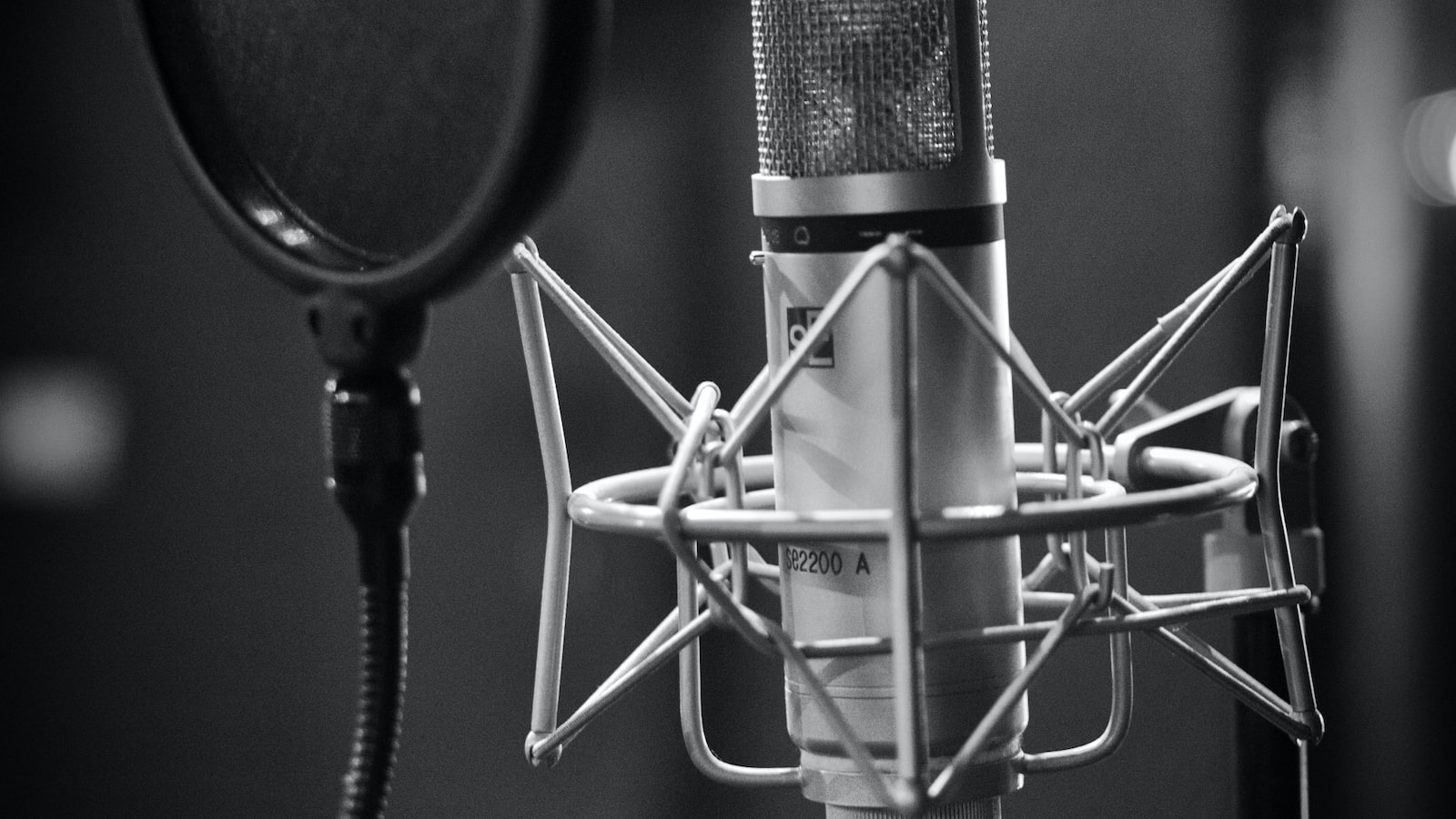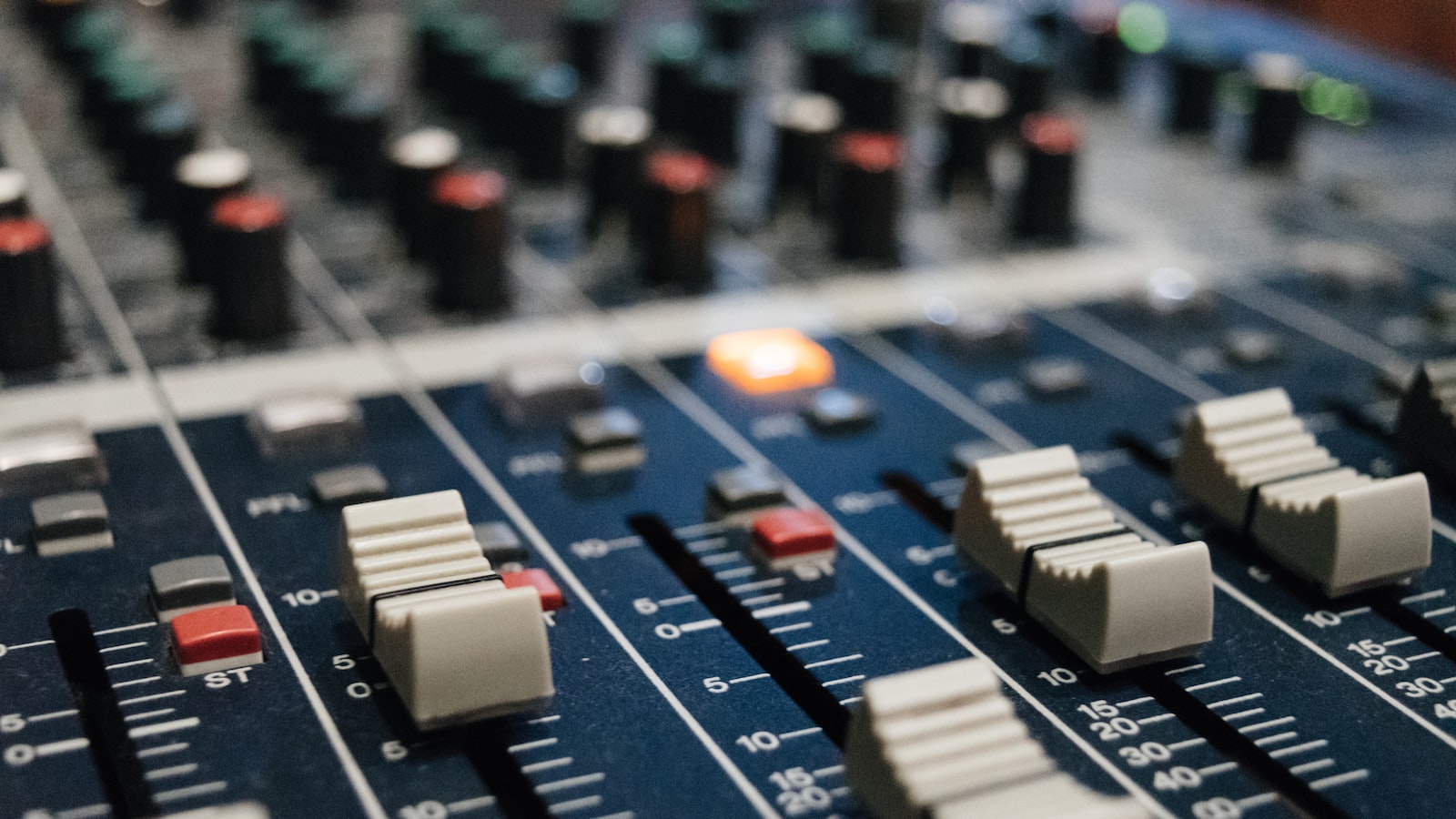From the 1950s to the early 2000s, popular music has been dominated by producers. Their influence on shaping pop culture has been immense, as their unique production styles and techniques often leave an indelible mark on the sound and style of any given album. This article will explore the various roles that producers have exercised throughout pop music history and discuss how their impact has affected the way pop culture itself is understood today.
1) What is the Role of Music Producers in Shaping Pop Culture
Music Producers play an essential role in creating and shaping Pop Culture. As tastemakers, they help to bring individuals and communities together with their beats, riffs, and grooves. Music Producers are in charge of creating the foundation of a song and bringing it to life, from the studio to the stage.
The producer’s job is to collaborate with the artist to bring ideas to life and capture the right sentiment or feeling for the song by using just the right sound. They’ll tweak, arrange, chop, EQ, compress and layer the audio in order to create the perfect sonic masterpiece from within the digital world. Furthermore, Music Producers have the ability to be creative and be a part of the cultural shift by influencing popular music. With their knowledge of the music industry, they are able to craft trends and trends dictate culture. Producers influence the sound of music, decide who sings it, and consider the uniqueness of the artist. Through these exclusive connections with singers, songwriters, and music execs, Music Producers have the power to shape trends and set the standards in Pop Culture.

2) How Music Producers Influence the Music Industry
Music producers are one of the most influential and essential parts of the music industry. They are the ones who oversee the process of creating and recording music. Producers are responsible for ensuring that all production elements, from the arrangement and composition of a song to the instruments used in the recording studio, are as musically cohesive as possible.
- Audio Recording – A music producer will ensure that the audio recording runs without any issues. This includes controlling the levels of the instruments, preparing them for mixing and mastering, and a rich, balanced sound.
- Song Arrangement - Producers work with the artists to come up with a structure for the song that best fits the desired sound. This ensures that the end product matches the expectations of the artist.
- Music Production – Producers take charge of creating and playing the instruments, and recording and controlling them. This allows them to craft the sound of the track with greater precision.
Music producers also play an essential part in the marketing and distribution of music. They act as an adviser to the artist, helping them create engaging marketing strategies and connect with the right people in the industry. Producers also have a big role to play in the overall sound of the track, be it for an album launch or a single release. By utilizing the latest technology in the music industry, they can craft a unique sound that can garner attention and drive sales.
3) Effects of Music Producers on Pop Culture
The Popularity of Music Producers
It’s no surprise that music producers have become a staple of pop culture. Many musicians and singers rely on producers to bring the best out of their work. It is the producers who are responsible for creating a style in the music that resonates with the audiences and makes it popular. From blending popular beats to creating sound-alikes, their expertise is invaluable.
Producers have numerous ways of making their mark on pop culture as well. They craft unique soundtracks for films and TV shows, create music to accompany video games, and approach commercial jingles with inventive arrangements. Having a recognizable style – be it with a signature sound or association with a certain genre gives producers a first-hand connection with pop culture.
From the hip-hop beats of Pharrell Williams to the rock anthems of Danger Mouse, iconic producers have shaped generations of music tastes. They often bridge the gap between classic and modern styles, introducing new audience to older sources. Furthermore, the trend of “producer albums” which showcase multiple music producers working together to make an entire album has given them necessary recognition.
Producers continue to dominate pop culture, with some of the biggest stars in music being producer-songwriters. Their influence on pop culture is sure to remain, as they keep introducing innovative sounds to the world.
4) Benefits of Producer-Artist Collaborations
Producer-artist collaborations offer a myriad of creative possibilities, as well as immense potential for success. Several benefits of this type of professional relationship include:
- Placing trust in each other
- New creative ideas and opportunities
- New audience reach
The trust element in producer-artist collaborations is essential. It allows the two professionals to work together, learn from each other, and produce a product that is greater than their individual parts. When trust is present, both professionals can feel comfortable taking creative risks that may not have been possible on their own.
The collaborative relationship also offers both producers and artists to benefit from new creative ideas and opportunities. As they dialog and explore different musical themes and styles, they can draw from their shared knowledge and expertise. This can lead to the development of completely original work that pushes their body of work to new heights.
Additionally, this type of collaboration extends the reach of both professionals to new audiences. Not only is the music created more likely to create a buzz, but producer-artist collaborations help both professionals become more visible because they now have a shared fan base. This opens up the potential for even greater success. Music producers play a crucial part in creating the sound of modern pop culture. From shaping the sounds of the biggest songs of the decade to mentoring upcoming talent, music producers are the crafty artisans of the modern music industry and have greatly impacted the way we perceive and experience music today. May the beat continue to never stop, and the producers continue to pave the way for the next generation’s greatest sounds.

